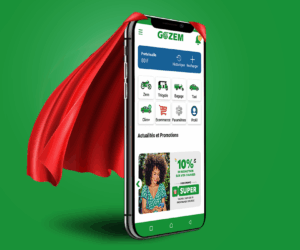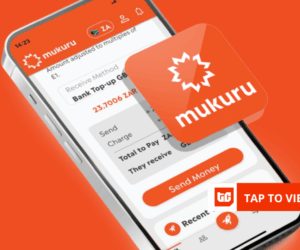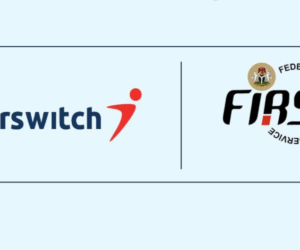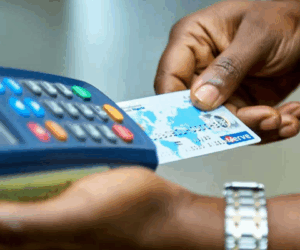The real story behind POS terminals at roadside shops, instant transfers instead of long queues, and wallets for daily transactions is a quiet and complicated struggle over who controls the pipes of the financial system, and the billions flowing through them.
The numbers show the scale of what is at stake. Total electronic transactions in Nigeria via NIBSS channels in 2024 hit ₦1.07 quadrillion. This is a jump powered heavily by digital platforms.
Banks are riding the wave. Despite the stark competition from fintech, Access Holdings Plc, United Bank for Africa Plc (UBA), and six other top Nigerian banks were able to generate ₦165.27 billion from electronic-banking income in the first quarter of 2025.
That represents an increase of 22.3 per cent from the ₦135.08 billion the eight banks reported in the first quarter of 2024. The six other banks are: Zenith Bank Plc, FBN Holdings Plc, Stanbic IBTC Holdings Plc, FCMB Group Plc, Wema Bank Plc, and GTCO Plc.
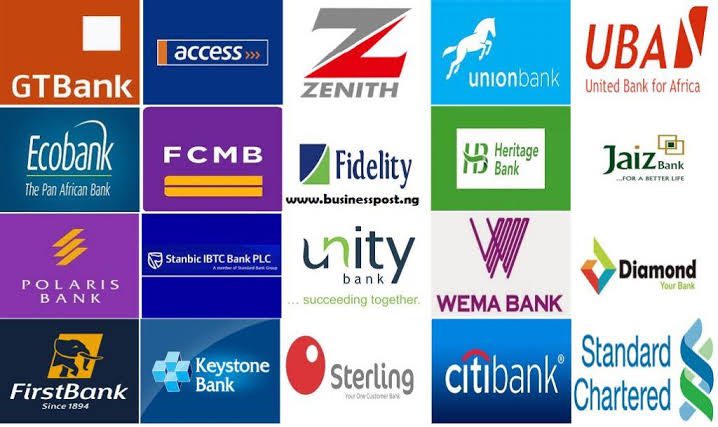
These revenues are no longer side hustles; they are core profit drivers.
Fintech companies, meanwhile, have built the customer-facing speed and convenience that make digital adoption easy.
Similarly, mobile and digital channels have become the dominant point of access to finance, with 74% of Nigerians saying they prefer mobile phones over bank branches for financial services (EFInA, 2023).
Wallet services like OPay, Moniepoint, and Paga now serve more than 45 million active users combined, while agency networks led by fintech entities have expanded to over 200,000 agent locations, becoming the financial doors for millions of Nigerians whose banks were previously ignored.
This looks like collaboration. But the reality is tougher because banks still control the infrastructure and compliance positions; fintech entities control innovation and consumer loyalty.
That constant tension is reshaping the future of money in Nigeria.
The bank-fintech dilemma: friend, rival or both?
Growth tells one side of the story. The average monthly volume of electronic transactions in Nigeria in the first quarter of 2025 was 738.33 million transactions.
Mobile money transactions surged to ₦26 trillion in the first half of 2025, up nearly 30% year-on-year. QR payments, powered mostly by fintech systems, crossed ₦4.7 trillion in value in 2024.
But cracks show:
• Banks increasingly fear losing primary customer ownership as exemplified in this post.
• Fintech wallets bypass traditional accounts and fees
• Compliance burdens for fintech entities keep rising
• Banks occasionally restrict access or slow settlements when threatened
And with scale comes vulnerability. NIBSS data for 2024 shows that ₦52.26 billion was lost to fraud. This figure is a significant increase from the ₦17.67 billion recorded in 2023, with digital channels being the main target. When issues occur, delayed reversals or frozen funds, consumers don’t blame rails or regulators; they simply lose trust.
Still, Nigeria’s financial inclusion challenge – 36% still outside formal finance as of August 2025 – leaves no room for rivalry at the expense of progress. The road forward depends on three battles that both sides must confront together.


Battle 1 — Who earns consumer trust?
Banks are trusted by history and regulation. Deposits are guaranteed. There is a building you can walk into.
Fintech entities win because they remove hurdles: no forms, no queues, faster access, cheaper transactions. Many young Nigerians simply prefer them.
But trust requires consistent reliability. Failed transfers erode loyalty quickly. In a digital economy, the first player to achieve 99.999% uptime at scale will dominate the next decade of customer growth.
Battle 2 — Who controls the money highways?
Fintech entities appear dominant because they occupy the smartphone screens. But the underlying payment rails, NIBSS, settlement accounts, and switching remain bank-controlled.
This imbalance creates strategic tension:
- If banks keep control too tight → innovation slows
- If fintech companies bypass banks too much → market instability rises
The winners will be those who maintain leverage without blocking growth. Because the next 20–30 million customers are rural and infrastructure has to reach them through collaboration, not protectionism.
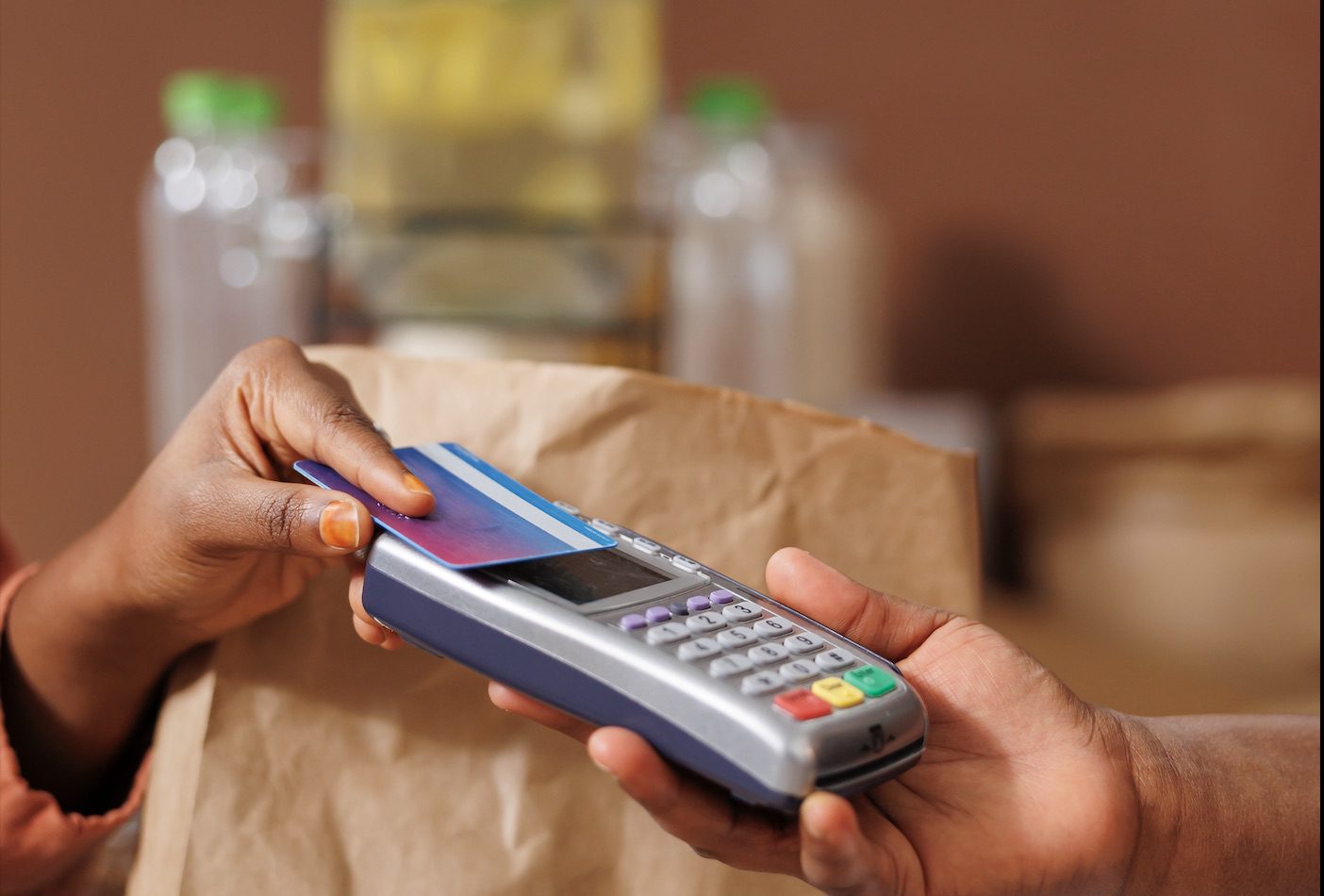

Battle 3 — Who pays for digital growth?
Nigeria’s digital economy runs on fees that consumers feel daily:
• Transfer charges
• Stamp duty
• USSD session fees
• Merchant service fees
The result: both banks and fintech companies are profitable, but customers are squeezed. If either side figures out how to scale low-cost finance sustainably, they take the market.
This is especially urgent because increasingly retail transactions are shifting away from cash. NIBSS instant payments value rose by more than 480% between 2019 and 2024. Whoever keeps these costs affordable wins consumer loyalty.
The only way forward
Nigeria cannot afford a split ecosystem. Every national economic priority, including tax visibility, SME credit, inflation control, and export flows, depends on financial systems that reach the majority of citizens.
What already works is proof:
• Agents bring finance to villages
• Wallets power MSME commerce
• Bank–fintech rails enable instant nationwide transfers
• New digital products are creating lending histories for the previously invisible
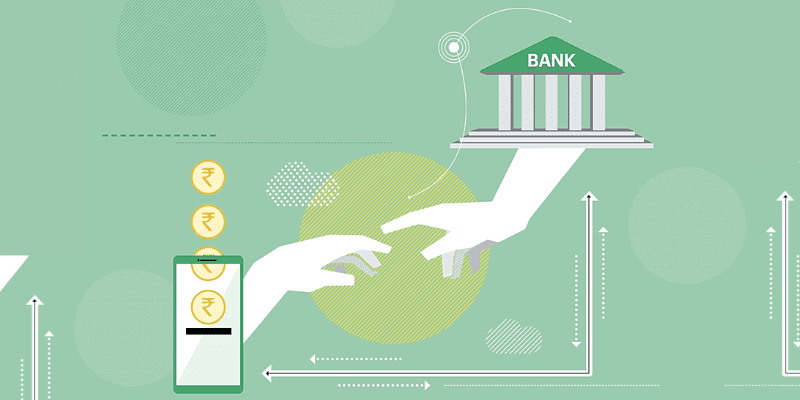

Banks offer regulatory muscle, institutional resilience, and trust.
Fintech entities provide innovation, scale, and inclusion.
The data says the same thing over and over: Nigeria’s future depends on its partnership even if that partnership is messy.
Because for the average Nigerian, the question isn’t who wins the fight. The question is: are financial services getting better, cheaper, and more accessible?
On that score, both sides still have a lot to prove, and even more to gain, if they win these battles together.



